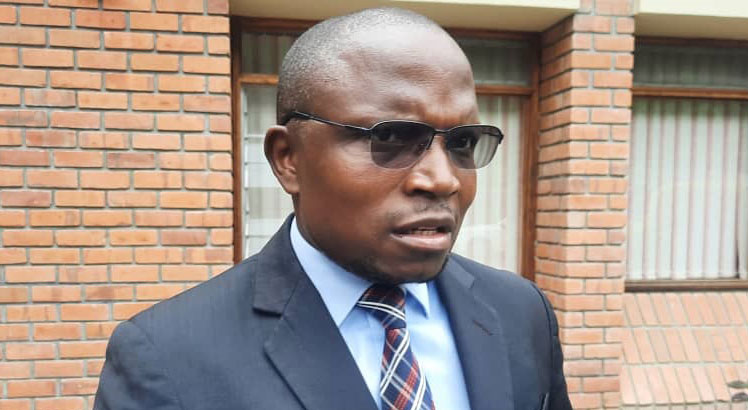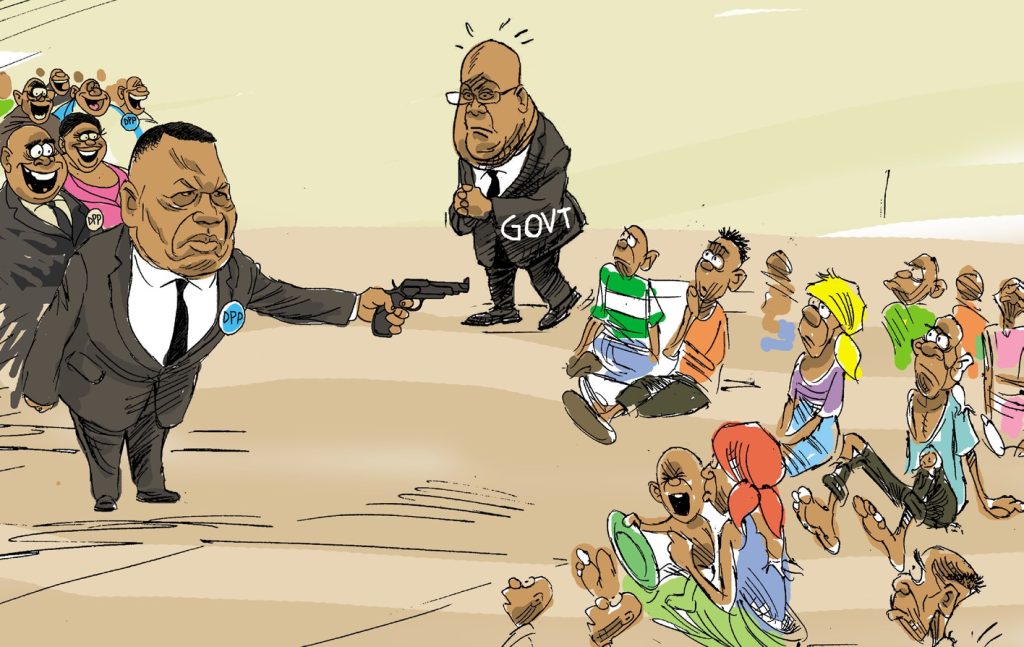Debate has ensued over the decision by the Ministry of Justice to scrap the requirement for some law graduates to undergo courses at Malawi Institute for Legal Education (Mile) and pass a law examination before being allocated.
This follows a Bill which seeks to exempt holders of a degree in law awarded by an institution from the requirement to enrol with the institute and pass the law examinations.
Mpaka: It must be thought through further
It also comes after University of Malawi (Unima) Students Law Society (SLS), led by its patron Professor Garton Kamchedzera held discussions with Minister of Justice Titus Mvalo and Attorney General Thabo Chakaka Nyirenda, arguing that there were redundancies in modules at the institution, which are already covered at Unima.
Currently, only those who have obtained a law degree from outside Malawi are require to attend classes at Mile and sit for the examination.
Nyirenda: There
are redundancies
This year, however, students from Unima are also expected to start undergoing the process, which the proposed law is seeking to change.
Reads the memorandum on the proposed Bill: “Therefore, the requirements for persons graduating from those institutions to attend Mile and pass the Malawi law examinations are creating unnecessary redundancy and resource inefficiency.”
It says the removal of the requirement for newly-admitted legal practitioners to practise under the supervision of a prescribed legal practitioner for a prescribed period has negatively impacted the practice of law in Malawi.
It said practice under the supervision of a prescribed legal practitioner facilitates the transfer of knowledge and skills that could not have been acquired in a classroom set-up from experienced legal practitioners to newly-admitted legal practitioners.
Section 23 of the Act to read: “(2) A person who—[a] holds a degree in law awarded by an institution accredited to offer legal education in accordance with this Act; and
“[b] to qualify for award of the degree, passed courses assessed by the council as comparable in scope to those offered by the institute, shall be exempt from the requirements to enrol with the Institute and pass the Malawi Law Examinations.”
Malawi Law Society president Patrick Mpaka yesterday said the amendment needs to be thought through further.
He said: “We hope that the Legal Affairs Committee will have an opportunity to receive further thoughts on this. Since we have seen the Bill after its publication, MLS is making an item by item assessment and hope to make presentations before Parliament through its relevant structures before enactment.”
A lawyer who spoke on condition of anonymity but works within the government system, and attended the course at Mile said government is not being sincere on the matter.
“Changing laws to suit a privileged few who are afraid of bar examination [is not fair],” said the lawyer.
Private practice lawyer Justin Dzonzi said there was need for more sober debate on the matter, asking for soberness, but admitted that since the bar exams were introduced, many have been failing.
When contacted, the AG said the memorandum of the Bill addresses all concerns from people.
“The amendment’s rationale is contained in the memorandum to the Bill. The memorandum to the Bill answers all the questions and concerns. The Bill does not seek to scrape off the Bar exams,” he said.
A July 2013 report of the Law Commission, which culminated in the establishment of Mile, noted that the public had been questioning the level of competence and expertise of lawyers who were being admitted to practice.
The post Debate ensues over law courses, exams first appeared on The Nation Online.
The post Debate ensues over law courses, exams appeared first on The Nation Online.
 Moni Malawi
Moni Malawi 

